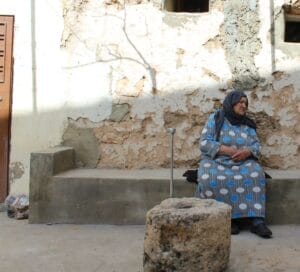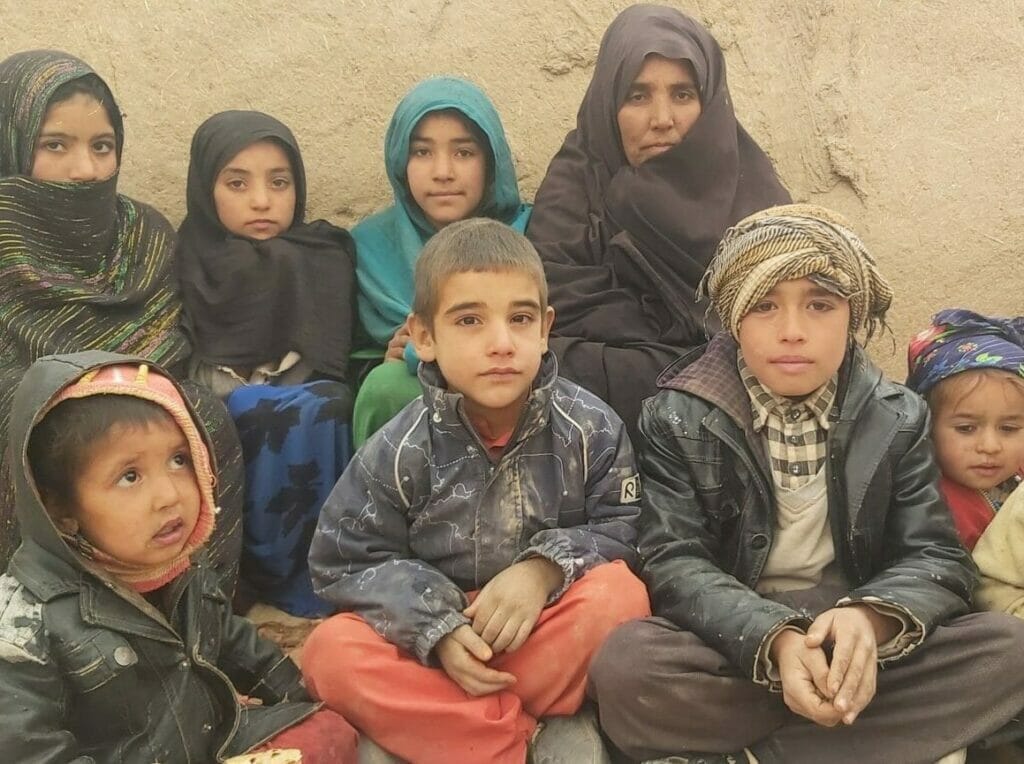
More than 40 years of prolonged crisis and war, impoverishment, disintegration of the rule of law and systematic exclusion of women from social, economic and public life have hit the Afghan population hard, especially affecting the rights of women and girls.
More than two million women are war widows and an even greater number have become de facto heads of household. The twenty-year conflict has created millions of widows and the Covid-19 emergency, in a country where only 2% of the population is vaccinated, has exponentially increased the number of lone women, transforming the country into a giant factory of widows.
Many of them are the poorest of the poor, illiterate, forced to beg to survive risking their lives every day since the Taliban have forbidden women to leave the house without a male guardian. We think of all those women who do not have male children and live in constant risk of not even being able to beg for something to support their families.
Our response
In such a delicate moment, after the situation rapidly precipitated and people's rights have been denied with increasing force, we decided to intervene to guarantee support to local communities.
Our intervention supports lone women heads of household and their children living in Herat province, to ensure their access to food.
In this province, the average household size is 10 people, there are more than 10,000 women heads of household and more than 50,000 children in need of humanitarian assistance.
Women and girls in Afghanistan are suffering the worst consequences of this new situation.
Together with local partner RRAA, we began our intervention with 100 families, led by widowed women with no source of income. As women, they cannot leave their homes without being accompanied by a man, not even to beg and try to put together enough money to bring food home.
This is the case for Riza Gul, a widow we met during a needs assessment in Do Aab Sufla village in early November. She lost her husband a year ago and lives with her children and grandchildren. "Our neighbors sometimes help us, but since my husband died, our family's living conditions are getting worse, as are the conditions in our country."
We have been joined in this project by ChildFund and thanks to the support of ChildFund New Zealand, Germany, Sweden and Australia we will be able to guarantee food for these families until early 2022.



